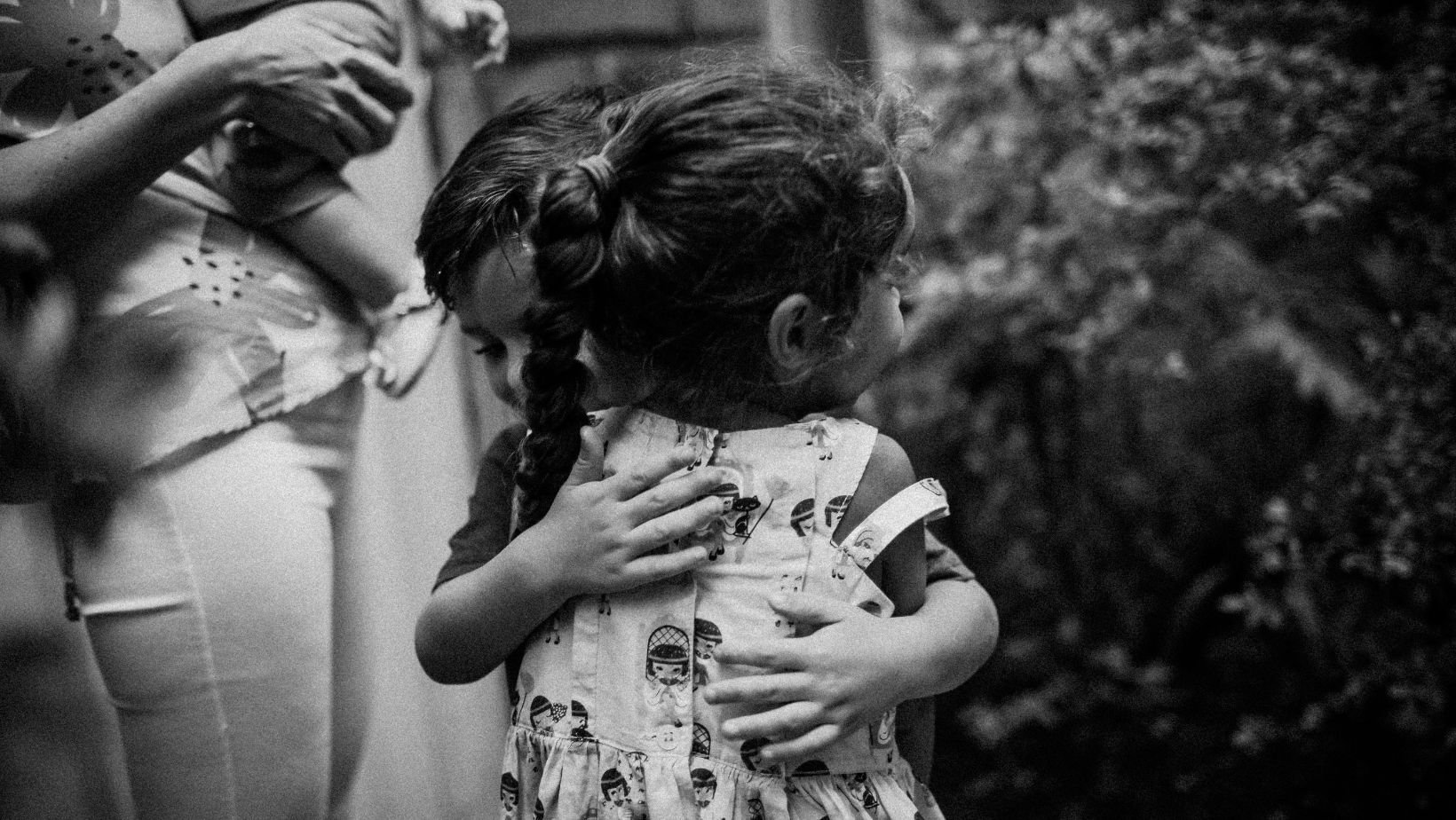What Happens if a Brother and Sister Cat Mate
It’s a topic that makes many of us cringe, but it’s important to discuss: what happens if a brother and sister cat mate? While the world of feline breeding may seem mysterious and complex, there are some clear risks associated with such close relatives procreating. Let’s delve into this topic to fully understand the potential consequences.
Inbreeding in cats, as in any species, can lead to an array of health problems. This is due to the increased likelihood of both parents passing on harmful recessive genes to their offspring. When animals too closely related mate, it significantly ups the chances that these harmful traits will surface.
While it might not always be apparent at first glance, inbreeding can cause severe physical abnormalities and even life-threatening health conditions over time. Understanding this risk is crucial for anyone involved in breeding cats or caring for felines in general. It’s about more than just avoiding awkward scenarios – it’s about preserving the health and wellbeing of our beloved pets.
Understanding Feline Mating
When it comes to feline reproduction, I’ve found that many people are often in the dark. Firstly, it’s important to know that cats reach sexual maturity quite early. Female cats, known as queens, can start their heat cycles when they’re just 4 months old! Male kittens, or toms as they’re known in cat lingo, aren’t far behind. They become sexually mature around the 5-6 month mark.
So what happens during a cat’s heat cycle? Well for starters, female cats will become more vocal and affectionate. They’ll also start making some peculiar poses – tail high in the air with their back end slightly elevated. This is called ‘presenting’, and it signals to male cats that she’s ready to mate.
Now let’s talk about tomcats and their role in this process. When a queen is in heat, nearby males will be attracted by her scent markings. These pheromones are extremely potent and can draw tomcats from miles away! Once he arrives on scene, there’s typically some circling and sniffing before the actual act takes place.
I think it’s crucial here to address a common question: What happens if a brother and sister cat mate? While such matings can indeed result in kittens, there are significant risks associated with feline inbreeding like this one.
- Genetic defects: Inbreeding increases the chances of offspring inheriting genetic conditions.
- Reduced immunity: Kittens from close relatives often have weaker immune systems.
- Lower fertility: Inbred cats may have lower fertility rates than outbred ones.
In short, while nature doesn’t prevent sibling cats from mating — just as it doesn’t deter other animals (or even humans) with close familial ties — long-term consequences can be severe due to genetic complications. So remember folks: spaying/neutering your pets isn’t just about controlling the population, it’s also about ensuring healthy generations of cats to come.

The Concept of Inbreeding among Cats
In the cat world, inbreeding isn’t an unusual occurrence. Often, it’s seen when a brother and sister cat mate. But what happens exactly? Let’s dig a bit deeper.
Firstly, it’s crucial to understand that inbreeding is a practice of mating two cats that are closely related genetically. This can be between siblings or even parent and offspring. The main reason why some breeders resort to this method is to preserve or intensify specific desirable traits within the feline family line.
However, there are inherent risks involved with this practice. When closely related cats mate, their offspring have a high chance of inheriting identical copies of their parents’ genes – both good and bad ones.
- For instance, if both parents carry a gene for a specific disease or health issue, their kittens may also inherit the same condition.
- Conversely, if there’s a beneficial trait present in both cats’ genetic makeup – like exceptional hunting skills or striking coat patterns – these traits could potentially become stronger across generations.
It’s not all black and white though! Not every scenario leads to dire consequences; sometimes pure luck plays its part too. If neither parent carries harmful genes, then their offspring might escape any significant health issues despite being products of inbreeding.
But let me stress one point here: While chance plays its role in genetics, the risks associated with sibling cats mating far outweigh any potential benefits. It’s not just about physical well-being either; mental abnormalities such as aggression or fearfulness can also develop due to inbred genetics.
Therefore, for anyone contemplating allowing sibling cats to mate – think twice! Remember that each kitten deserves a chance at healthy life free from avoidable genetic diseases. Always prioritize your pets’ welfare over aesthetics or other non-vital considerations.





